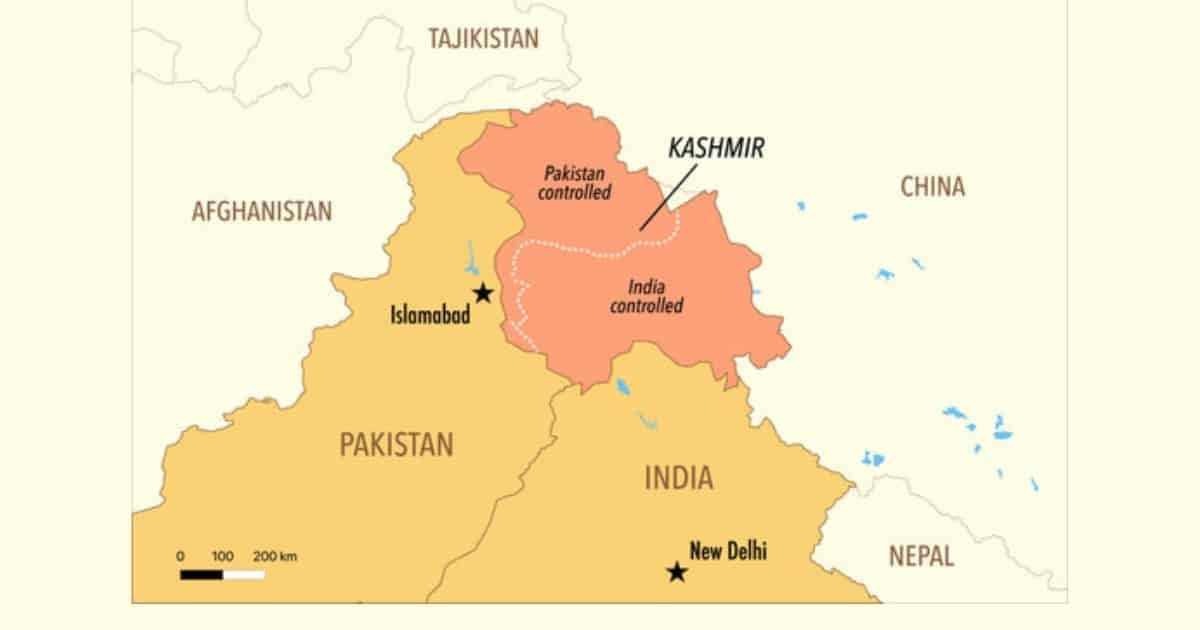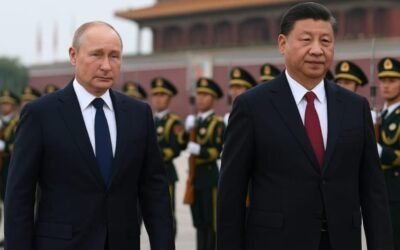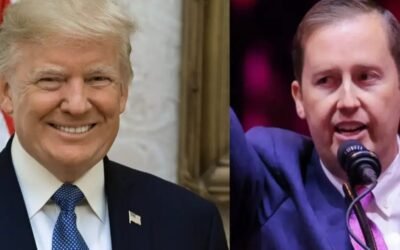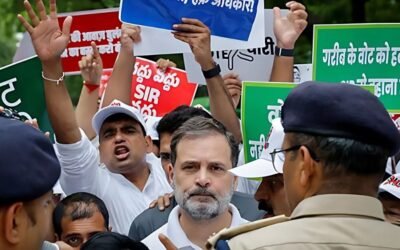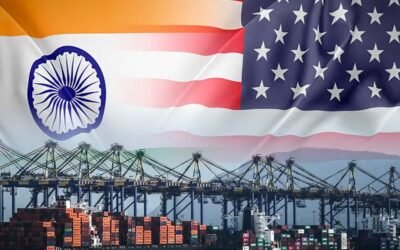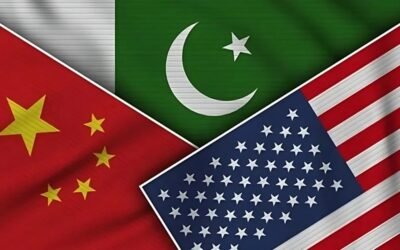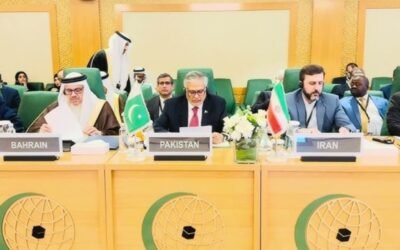The Kashmir dispute has been a deeply rooted and unresolved conflict in South Asia that spans decades. India has worked to delegitimize the Kashmiri struggle for self-determination. Meanwhile, it has tried to hide its human rights abuses so they are not exposed globally. The strong Indian lobby, present within Washington think tanks, legal practices, and diaspora organizations, has redefined Kashmir as an internal issue. It also discredits Pakistan with terrorism accusations. Pakistan has responded with an extensive diplomatic initiative at the UN, employing legal measures and strategic partnerships. Pakistan’s membership in international organizations challenges India’s narrative.
The Collapse of Bilateralism and Pakistan’s Legal Shift
A turning point was when India revoked the special status of Jammu and Kashmir in August 2019. India has violated major agreements by abolishing constitutional protections under Article 370. This also involved the Simla Accord of 1972, which introduced peaceful bilateral settlement of the Kashmir issue. Pakistan suspended the Simla Agreement, with dialogue effectively blocked. This was a diplomatic legal move to escape the diplomatic restraint of India. This step brought back into relevance some of the previous UN Security Council resolutions, like 47, 91, and 122. These resolutions acknowledge Kashmir as a disputed region and demand a U.N.-supervised plebiscite. Moving the problem to international forums, however, allowed Pakistan to undermine the Indian assumption that third-party intervention was unacceptable. The change also opened up the possibility to utilize international courts and UN mechanisms to deal with human rights violations, an opportunity that had been restricted by the bilateral system.
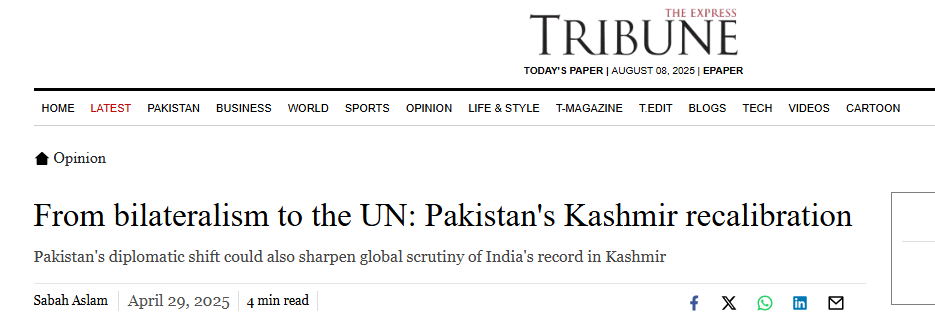
Source: The Express Tribune
Diplomatic Offensives: Crisis Response to Strategic Leverage
Pakistan has used Indian escalations as opportunities to engage in multilateral enterprises. Pakistan swiftly acted after the April 2025 Pahalgam attack, where India suspended the Indus Waters Treaty and threatened to launch military action. It demanded immediate closed-door meetings within the UN Security Council. Ambassador Asim Iftikhar Ahmad said that the diversion of water by India would be an “act of war”. His caution triggered the crisis into the agenda of the Council and shed light on the threat of escalating the nuclear dilemma.
You May Like To Read: The Unseen Frontlines: When Our Martyrs Bleed and Our Politicians Look Away
The present non-permanent position represented by Pakistan on the UNSC (2025-2026) provides it with a strategic advantage. It also chairs the Taliban Sanctions Committee (Resolution 1988) and the Counter-Terrorism Committee (Resolution 1373), and co-chairs sanctions enforcement groups. These positions enable Pakistan to:
- Re-frame the Terrorism narrative: Contrast the Indian image of a victim to its history of state-supported violence in occupied Kashmir, such as torture and extra-judicial killings.
- Block Indian propaganda: Take procedural powers to counter one-sided assertions against Pakistan, and insist on evidence of India making terrorism allegations.
- Promote Human Rights Accountability: Highlight Indian abuses of Human rights in IIOJK, and push for international probes into mass graves and pellet-gun injuries.

Source: Geo News
Counter-Lobbying: Matching India in the Corridors of Power
Pakistan has positioned itself through a more realistic counter-lobbying policy. Following the Pahalgam crisis, both nations hired a former Trump Advisor. India employed Jason Miller at $150,000 per month. Pakistan hired Javelin Advisors-Keith Schiller and George Sorial, through Seiden Law, at a rate of $50,000 monthly.
Pakistan spends less, but its lobbying is smart, targeted, and focused. First, Pakistan tries to expose the double standard of Indian lobbying. It also sheds light on how companies such as APCO Worldwide have assisted in the cover-up of human rights abuses by India in Kashmir, particularly PR campaigns following the 2019 crackdown. Second, Pakistan is involved in coalition building. It frequently collaborates with the 57-member Organization of Islamic Cooperation (OIC) to make joint statements on Kashmir. Such collective actions are to counter the Indian narrative at the UN General Assembly. With limited resources, Pakistan is increasingly focusing, coordinating, and aligning itself with international laws and humanitarian issues through its lobbying efforts.
Challenges and the Road Ahead
Pakistan’s strategy faces tough odds. India’s powerful allies, the U.S. for strategic depth and Russia for arms, give it cover, especially through UN vetoes. China supports Pakistan but avoids confrontation, choosing stability over pressure. India’s aggressive military posture, seen in operations like Sindoor, is designed to deter Pakistan from raising Kashmir by threatening escalation. Yet, Pakistan is pushing back with a sharper, more focused approach. It is turning to the International Court of Justice to challenge India’s treaty breaches and war crimes. At the same time, it is countering India’s disinformation networks, exposing fake NGOs, sharing verified evidence, and briefing global media on the realities in Kashmir. The road is steep, but Pakistan is no longer playing defense. It is steadily reclaiming space, legally, diplomatically, and strategically.
You May Like To Read: Remembering Amjad Islam Amjad: A Voice That Still Echoes
Conclusion
Pakistan’s UN-driven strategy is a break from old habits. It has moved from reacting to leading. It now builds its case on law, not emotion. It calls out India’s lobbying double standards and uses its UN roles to push back. Kashmir is no longer buried on the sidelines; it’s back on the global table. But the real test lies ahead. Pakistan must hold the OIC together. It must keep documenting abuses with hard, verifiable proof. And it must win over U.S. lawmakers who are growing uneasy with India’s slide from democracy. The goal is bold but clear: to shift Kashmir from a “bilateral issue” to a global test of the UN’s will to uphold rights and self-determination. In a region with nukes and no room for error, silence is no longer an option.

